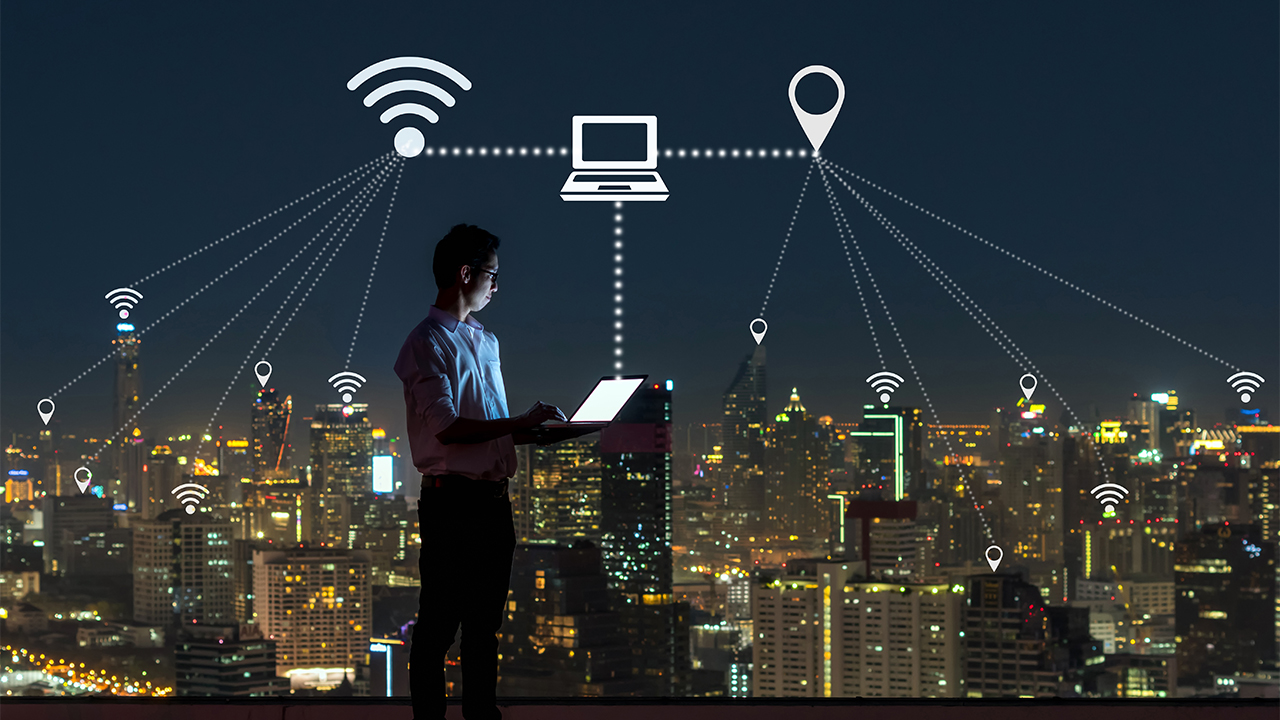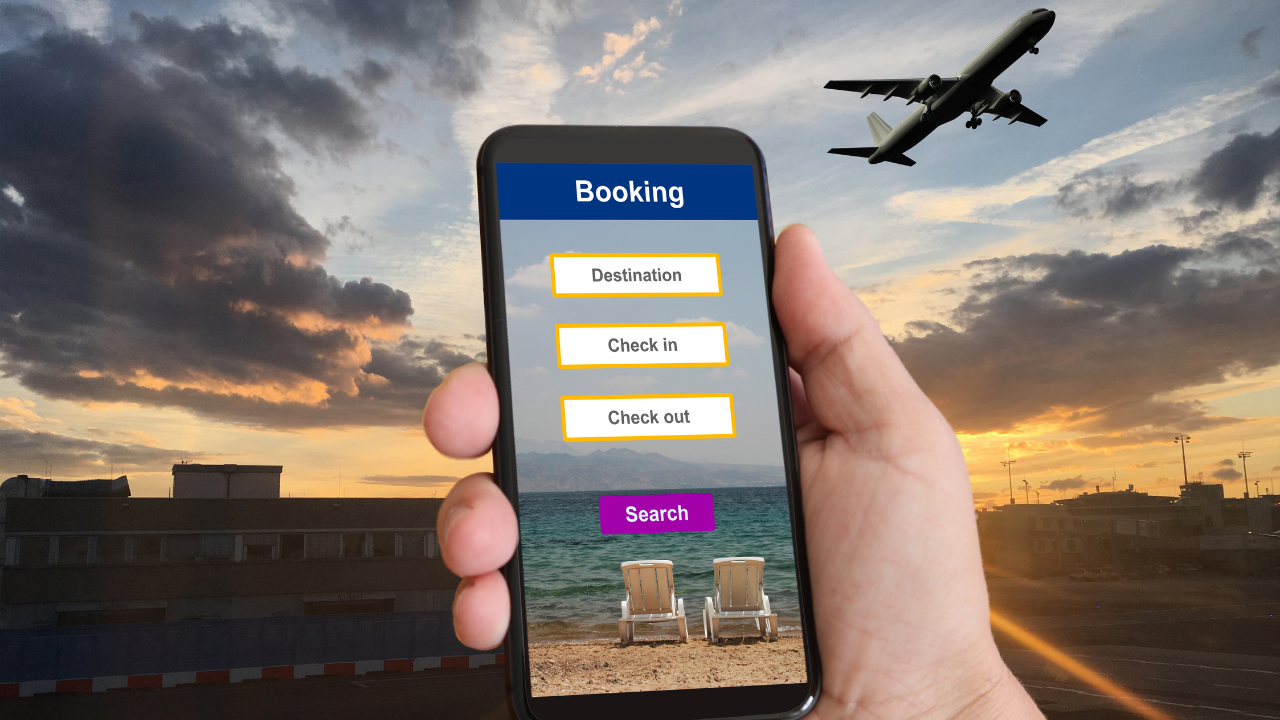How leveraging mobility solutions enhance the customer experience in the travel industry?

The business models of Uber and Airbnb are not new to us, given the speed at which the travel and hospitality sectors have embraced digital growth. The two sectors have adopted recent technologies and transformed into profitable ventures. Mobility and AI are necessary to offer customized services to customers and help meet their pre-trip, in-trip, and post-trip requirements.
With travel industries looking to advance customer experience, customer service, and marketing strategies, mobility solutions help them accomplish it with enhanced disruption levels. According to Worldwide Hospitality, Travel 2018 IDC estimated that 60% of hotels and 70% of online travel agencies will have adopted AI to enhance their services.
According to Neilsen Research, in the next 10 years, the virtual travel space globally will expand at a yearly rate of 3.8% and surpass $ 11.4 trillion.
Because of the growing digitization, travelers expect customized services, instant replies to queries, and a seamless experience. Before digital devices, travel agents planned your trips. They made bookings, packages, and recommendations depending on the customer’s budget and preference.
However, with technological advancements, now travelers are empowered to do these things on their own.
A digitally empowered traveler
Mobile solutions empower travelers to make the most of their money. In the digital era, travel aggregators such as booking.com and TripAdvisor offer user-generated recommendations and digital solutions for a customized experience empowering the customers to plan their travel on their own, creating better touchpoints and channels.
Travel Insights
Digitally supported customers push the travel companies to use mobility solutions to enhance the customer experience. Development and affordability in the present technologies have forced customer-centric companies to meet the rising expectations.
Indicators to adopt new virtual transformation
Though travel technology companies have created waves of disruptions, many companies still have to shift. For a company to gain a competitive edge, it should adapt to consumers’ rising expectations. With so much data accessible, companies use predictive analysis to assess and know what every customer expects and deliver a better-customized experience.
Analytics offer companies insight into what customers expect from travel agencies. While embracing a digital transformation of conventional operations, a business should keep its core value central.
Here are the major next-gen technology trends that impacted the travel industry
1. Mobile Integration
Of course, smartphone apps have been playing a major role in digitalizing established travel companies. Mobile apps have changed customers’ perspectives and experiences, from hotel and ticket bookings to going cashless. While major companies have mobile-friendly websites, customers switch to apps because of their speed, customization, and quick functionality. As per Travelport Digital, 58% of travelers choose a mobile app to make flight reservations, while 53% choose it to book rooms.
With the increasing number of travelers using mobile devices to plan their travel, companies worldwide recognize the significance of digital solutions and implement mobile apps into their business models.
2. IoT
The higher data a company has, the better the chances to offer a seamless, customized customer experience, which is important to the travel sector. The touchpoints are rising consistently with the launch of new tech. So, it becomes important for companies to optimize information and services to offer a seamless service. The IoT gadgets sensor allows businesses to collect data from different sources and streamline their services to render better services, allowing guests to access anything, anywhere, at any time.
3. Make employee training effective using mobility solutions
Mobile solutions enhance employee training opportunities, allowing travel companies to be the best service providers. Hyatt Hotels has over 670 properties in more than 50 nations. After shifting their operations to the cloud, they trained their employees to pursue mobility.
The solution now helps them access PDFs and videos online without any paper-based backup. The platform also uses AI and ML to personalize its employee’s learning experience.
4. Post-travel sentiment analysis
Today customers like to share their experiences instantly after a trip. Using AI and ML, travel companies can develop loyalty programs that work as deal-breakers for customers. Sentiment analysis helps companies know their customer’s positive and negative viewpoints through their social platforms’ emotional behavior.
Depending on their experience, behavior, and preference, businesses retarget their customers by offering better deals, recommendations, and offers.
The future of mobility solutions for customer experience
Now that it is evident travel brands are using mobile to develop better customer experience, it is important to know what the mobile travel experience will look like in the future? Some estimate that rising technologies, right from AI-supported personal assistants to IoT devices, everything will expand to serve travelers better.
Technology services companies are looking forward to providing software solutions like messaging apps and chatbots to allow travel companies to integrate AI into the mobile travel experience.
Expedia commenced this experiment in 2016, allowing travelers to text a command like “Cancel my London hotel booking next week,” as shared by Data Khosrowshashi during the Skift Global Forum 2016. He advised brands to commence with small use cases.
5G has become widely available, and travel technology & solutions use it to offer their users a wider variety of services and content. Hotels will love this trend, with Marriott and Hilton using it to stream movies in their rooms.
The rising significance of voice technology has also greatly impacted the travel industry. Voice-based travel commands have become quite popular with Alexa booking your accommodation or calling an Uber. But, unlike home assistants, you carry your mobile devices everywhere. Hence it becomes a more powerful tool for smart voice search.
How does Softify Technology Services Consulting help you in this?
At Softify Technologies , you’re provided with myriad services and solutions to enable a strategic digital transformation. It helps companies strengthen their abilities. It offers a complete and comprehensive solution for businesses to reimagine their operations.
The technology solutions company offers an easy-to-operate platform for users to make reservations and resolve through several travel options.
It provides solutions to your customers’ needs by studying the trends and dynamic consumer behavior.
It helps take your business global with a global distribution system, allowing cross-sector transactions.
Its integrated ecosystem helps businesses go beyond siloed services for flight tickets and hotel booking.
Businesses can use its technology consulting services to set up travel guidance and alerts for their customers.
Conclusion
Using mobility solutions releases the workload of travel and hospitality companies and helps them manage customers in a more customized and efficient way. Hiring someone efficient to perform the technical job for you will release your burden. So, choose an efficient technical service consulting company to bring success to your offerings and enhance your customer experience.






Contact Us